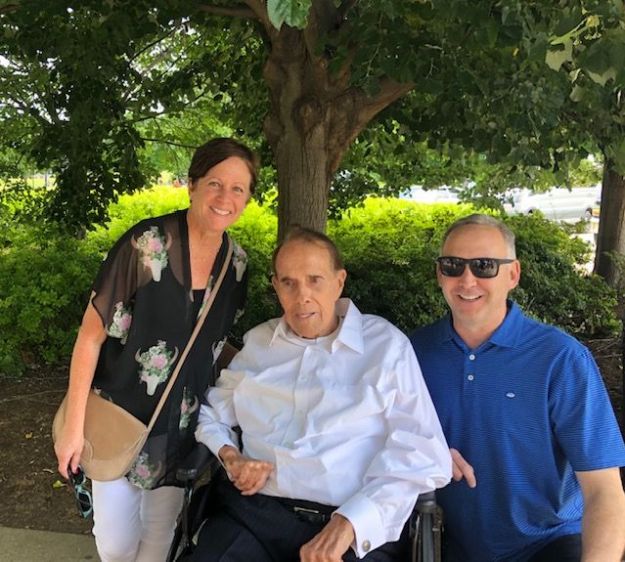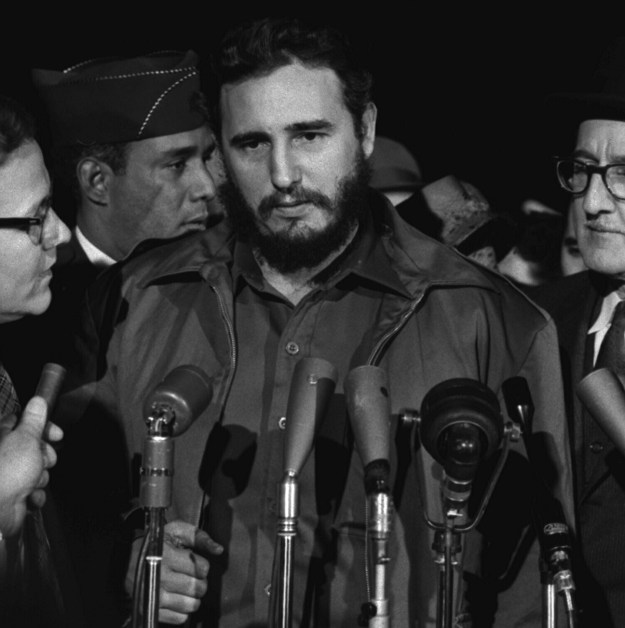Earlier one of our friends posted a long and thoughtful comment on a previous post, and among many other points he noted the importance of “investigative reporting” to “help restore trust” in our society.
Well, yes and no. The investigative stuff is important, or at least it used to be. Woodward and Bernstein have been heroes of mine since the start of my career in the mid-70s. But I hope you’ll notice that it doesn’t mean as much today. Woodstein reported the truth about Watergate, and Nixon resigned rather that be impeached. Media expose outrage after outrage after outrage about Trump (which doesn’t take much investigation, since he boasts to the world of his sins — he is even impeached, twice, and gets conficted of crimes.
And what’s the public’s reaction? They cheer at his rallies, and elect him again.
And you know, an overemphasis on investigative journalism in my generation — the post-Watergate generation — has something to do with that. Every cub reporter (or at least, most of the ambitious ones) entering newsrooms since 1974 has come in busting to rip the cover off public officials, and they’ve done a lot of it, constantly. (I told one reporter who wanted to drop everything to chase after a lead because he wanted to “hit a home run” that he needed to stop swinging for the fences, and concentrate on getting on base. I wanted him to cover his beat. Even in those days of full newsrooms, I was never fully satisfied with my people’s coverage of the everyday stuff.)
And you know what resulted from all that fervent investigation? The public at large came to believe that that was all government was about — corruption. Say “They’re all a bunch of crooks” to the average guy, and he’ll nod his head.
Journalists knew better. We were out there covering public officials up close. Sure, there were slimeballs out there, but we knew most of them were decent, honest people doing their best to serve the public. But that’s not the way we covered the public sphere. Decent, honest folks don’t give you home runs.
That’s why I appreciated a feature we had at The State when I first arrived in the late 80s, back when had not only plenty of people but loads of space. We had a weekly page in the special Sunday section that included in-depth stories about the past week, the opinion pages, and related stuff (back then, all papers had these sections, and gave them names like “Perspective,” “Impact,” “Insight,” “Review” and such.) In that section, my team (governmental affairs) had a full page to fill about goverment and politics.
And we had a centerpiece feature on it that in the newsroom we called “bureaucrat of the week.” That’s because we considered it a pain in the posterior. We passed the duty around among the staff, everybody having to write one, and each reporter groaning when his turn came up again. (They’d rather be out there swinging at the fence for something on the front page.)
But I thought it was great. It was a weekly profile of one of the thousands of little-known people out there working hard at state agencies, explaining what these people did and why they did it instead of earning more money out in the private sector.
It was an example of a type of public journalism (or civic journalism, or community journalism; it was called different things and defined different ways, but I tend to think of it in communitarian terms), a movement that arose in the 90s because some editors were smart enough to realize that people were getting a skewed view of the world. It was about covering all that went on in a community, not just what went wrong, giving the public a full, holistic picture of reality.
Well, it was a noble goal, and I believed in it, but I seldom really practiced it day-to-day. Even in those flush days, resources — people, space and time — were finite, and you had to cover the plane that crashed, couldn’t afford to cover all of the thousands that land safely.
I say all that to explain why I appreciated this Facebook post by Sam Johnson, a young local attorney who was a close aide to Steve Benjamin during his years as mayor of Columbia. He wrote this about a neighbor of ours who died this week:
True public servants lie in the shadows. You often never know their name. Or, that they were even there. They weren’t there for that reason…for you to know them or the recognition. In today’s world, these types of public servants are rare breeds. They serve because they believe in something bigger than themselves.Chris Carrizales was a true public servant. He was a brother. He was a friend. He didn’t care about the accolades. He wasn’t posting every cool interaction he had for the clout. And, while he was often in the shadows serving our country and serving Columbia, he very much deserves his flowers.And, when you are serving together, others might just see the highs…but true brothers see your lows. Chris was there for the lows…with you. My wife, just yesterday, reminded me of several.Chris worked in the last two mayoral administrations here in Columbia. In short, he was family. He never met a stranger. He cared. He did the work. Often it was an all day, more than a mere 9-to-5 requirement. Like I said, he believed in service. And, he did it all with style, grace, and class. My brother was special and he will truly be missed.
There was a similar accolade posted on the city website.
I didn’t know Chris Carrizales, but I miss him now. And I appreciate Sam for taking the time to bring him, and his years of devoted service, to our attention.

































